How to Start a Farm Glamping Business in the UK | TruDomes Guide
Staycations are booming. Rising living costs and travel concerns have led more people to holiday closer to home. As a result, camping and glamping are growing fast. Many farmers are tapping into this trend, launching outdoor hospitality on their land and setting up glamping sites on farms.
Glamping is an attractive form of farm diversification. Families love the rural charm of working farms, especially with animals on-site. Some farmers are already making serious money.
In 2022, Pitchup.com reported average farm glamping earnings of £13,000. One site in Cumbria brought in over £124,000 in 2021. Another, in Pembrokeshire, made more than £340,000.
What Do You Need to Start?
You don't need much to begin. Just make sure you have:
- A suitable entrance for vehicles
- Access to running water
- A waste bin
- A chemical toilet disposal point
The biggest hurdle? Planning permission. The process can be slow and frustrating. But two quicker options exist: set up a temporary recreational site or join an exempt organisation.

Temporary Recreational Sites (Permitted Development Rights)
UK farmers can run pop-up glamping sites on farms for up to 60 days per year without full planning permission. This is thanks to Permitted Development Rights (PDR).
Requirements:
- Maximum of 50 pitches
- Movable structures only
- On-site toilets and waste disposal
- Annual notification to the local authority, with a site plan and dates
Not Allowed On:
- Scheduled monuments
- Safety hazard zones
- Military explosive sites
- Sites of special scientific interest
- Listed buildings
What Glamping Units Work Best?
Pop-up sites need quick, flexible structures. Heavy or fixed units (like shepherd's huts and yurts) don't work well.
Safari tents are okay. But geodomes offer better results. They're strong, weather-resistant, attractive, and fast to assemble.
TruDomes' compact 4.4m geodome gives you 12.92 sqm of usable space. It requires no permanent base — just a groundsheet. The aircraft-grade aluminium frame and PVC cover make setup quick and easy making them ideal for your farm glamping business.
Joining an Exempt Organisation for Year-Round Operation
Want to operate longer than 60 days? Join an exempt organisation. These groups let you run a glamping site year-round without planning permission or a licence.
The organisation inspects your site and issues a certificate. This allows you to offer high-revenue accommodation like domes.
TruDomes works with several exempt organisations. Many favour eco-friendly practices, so a sustainable approach helps. Our domes support green operations through recyclable materials and off-grid features.
Examples of Exempt Organisations
Exempted organisation |
Membership fee to customers |
Time to approval |
Application fee |
Regions |
| Freedom Camping Club | Free | 4-6 months | £180 site visit £5 monthly fee OR online booking levy £5 certificate fee |
England, Wales |
| Greener Camping Club | £12/year per family | 3-6 months | £300 set-up Mileage fee to first inspection £100 annual renewal |
England, Wales |
| Woodland Champions Club | Free | 4 days – 3 months | £500 set-up fee £300 annual renewal |
England, Wales |
| Wanderlust Camping Club UK | £12.50/year per family £6/year per family for tents/touring |
4 weeks | £700 set-up £750 or £1,500 annual renewal (depending on size), or £300 for tents/ touring only |
England |
| Wild Trails | Free | 1-12 weeks | £500 set-up fee £300 annual renewal |
England, Wales, Scotland |
Exempt Organisations: How They Differ and What to Expect
Each exempt organisation has its own approval process, benefits, and expectations. For example, some, like the Freedom Camping Club, allow public advertising and open access. Meanwhile, others, such as the Greener Camping Club, prioritise eco-credentials and seek quiet, well-screened rural sites.
The Freedom Camping Club
To begin with, the Freedom Camping Club has the authority to license any land suitable for camping and caravanning. Its goal is to offer flexibility and diversity to the outdoor hospitality sector, which is why it actively encourages glamping accommodation on certified sites.
Unlike some clubs, which restrict bookings to members only and limit advertising, the Freedom Camping Club operates as a non-exclusive club. As a result, certified sites gain exposure to a market of around 6 million UK campers.
To apply, prospective landowners must fill out a form and discuss the site’s suitability with a club consultant.
The Greener Camping Club
Established in 2015, the Greener Camping Club aims to promote environmentally responsible camping. Ideally, a site should be at least one acre, well-sheltered, quiet, and rural, with safe vehicle access and a reliable water supply.
In addition, the club requires a minimum of two touring pitches per glamping unit, and the owner should reside on the site. The club also offers helpful start-up guidance and ongoing support, including regular updates on regulations, safety, and tourism trends.
The Woodland Champions Club
Founded in 2017, the Woodland Champions Club helps landowners manage woodland and open it to the public. Importantly, it also has a mission to plant trees, working in partnership with the Woodland Trust and site members.
Certified sites can operate year-round with up to 10 pitches. Furthermore, they are allowed to advertise publicly — a benefit not all exempted organisations offer.
Wanderlust Camping Club UK
Wanderlust, certified by Natural England, is another strong option for landowners. The club provides support with infrastructure planning (e.g., drainage, water, power, and decking), and promotes your site directly to its members. There are no advertising restrictions, giving you the freedom to list your site on multiple platforms and accept direct bookings.
In addition, Wanderlust donates a portion of all membership fees to local wildlife and conservation projects.
To qualify, your site must meet high standards of quality and comfort. The number of glamping units allowed depends on your site's size and facilities. The site manager must also live on or near the premises.
Before approval, Wanderlust typically consults neighbours within 150m of the site. If there’s a risk of objections, or if the site is linked to a listed building or under enforcement action, your application may be declined.
Wild Trails
Launched in 2023, Wild Trails is a newer, more boutique-style camping club created by experienced landowners and hospitality professionals. The goal is to develop a network of premium, eco-friendly campsites across the UK.
A portion of membership fees is donated each year to UK wildlife and conservation efforts. In addition to this, Wild Trails provides valuable planning advice, infrastructure support, and business strategy coaching.
There are no hidden fees, no commission charges, and no restrictions on advertising. Members also benefit from optional discounted marketing support from expert social media partners. Wild Trails will also feature your site on their Club website, helping you attract more bookings with no extra cost.
Would you like this section formatted for a brochure, landing page, or downloadable comparison chart for potential clients?

How Much Could You Earn? Glamping Revenue Potential for Farmers
Pricing depends on your location, accommodation quality, and peak season. For basic dome setups, you should charge at least £70 per night.
Fully booked for 60 days with 50 domes, your site could earn £210,000 per year. Add premium features — like kitchens or wood burners — to increase yield. TruDomes offers upgrades that push your nightly rate even higher.
What Insurance Do You Need to set up a Farm Glamping Business?
Standard farm insurance often excludes glamping. You’ll need:
- Employer's liability
- Public liability (usually £10m minimum)
Premiums depend on turnover and activities. Cooking equipment and playgrounds raise your risk profile. Be clear with your insurer and keep them updated.
You'll also need:
- Risk assessments
- Health and safety policies
- Emergency procedures
- Booking terms and conditions
How Do Glamping Sites on Farms Affect Tax?
Glamping can affect tax and inheritance reliefs. It may be treated as:
- A property business
- A holiday let
- A trading business
If you provide services (e.g., cleaning, meals), HMRC is more likely to see it as trading. This may qualify you for Business Property Relief, even if Agricultural Property Relief is lost.
Get advice from a tax professional to avoid surprises.

How to Market Your Farm Glamping Business
Your site won't succeed without marketing. At a minimum, create a professional website that handles bookings. List your site on platforms like Pitchup.com or Airbnb — but check if your exempt organisation allows this.
Also:
- Set up a Google Business Profile
- Build a strong social media presence
- Work with local businesses and tourism boards
- Create a clear brand identity
These steps help attract guests and build long-term success.
Other Considerations for glamping sites on farms
Before launching, make sure you:
- Notify Rural Payments if land use changes
- Arrange recycling and general waste collection
- Set up card payment facilities
- Print a Countryside Code poster
You'll also need clear systems for:
- Bookings
- Check-ins
- Maintenance
- Guest communication
Need Help?
TruDomes can guide you through every stage of your glamping setup. From dome selection to exempt organisation support, we're here to help you succeed.
📞 Call us on 024 7632 6585
📧 Email [email protected]
Download the Dome Buyers Guide
Want more practical advice? Get our free Dome Buyers Guide today.
Just fill in the form below for instant access.











